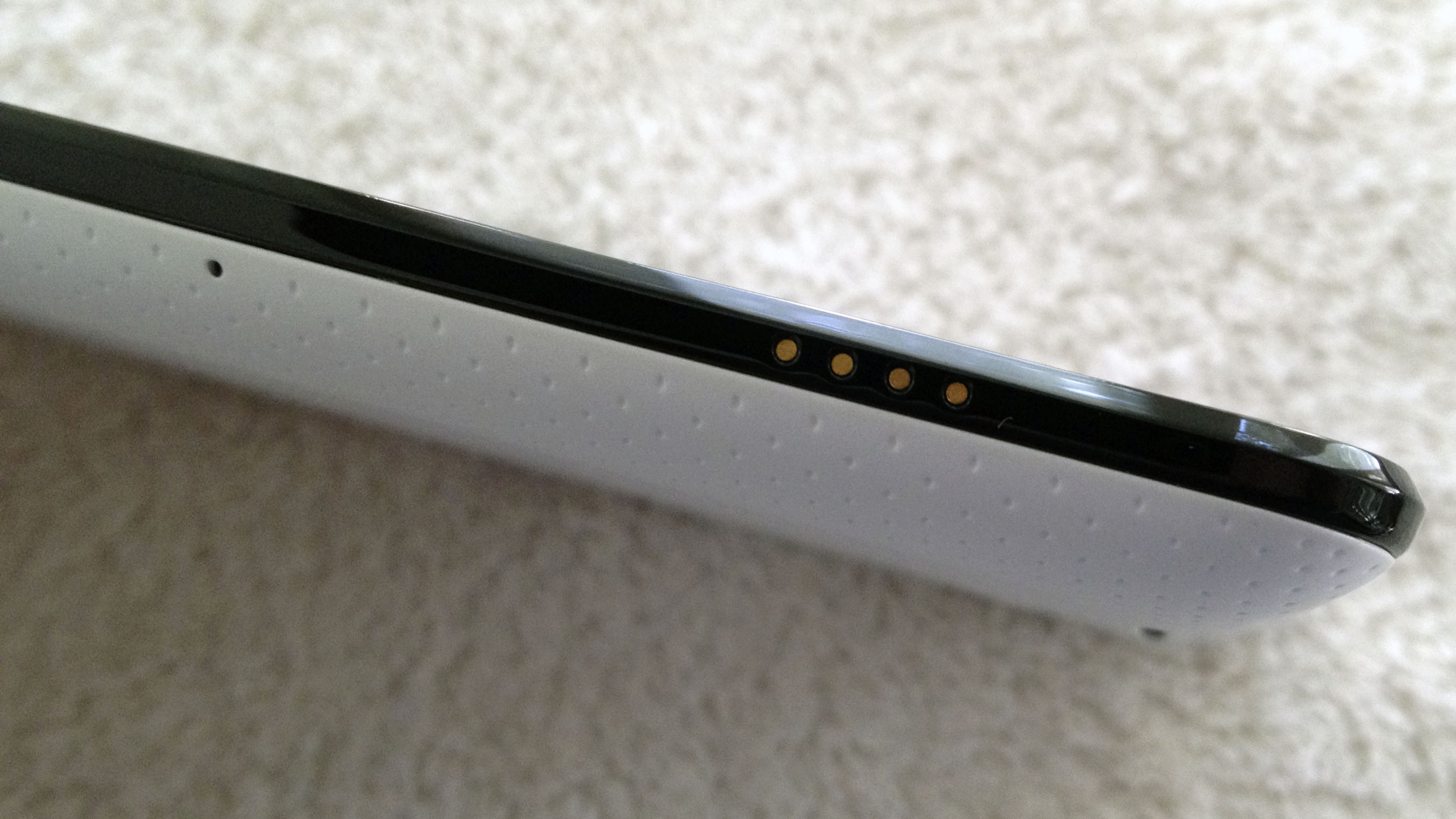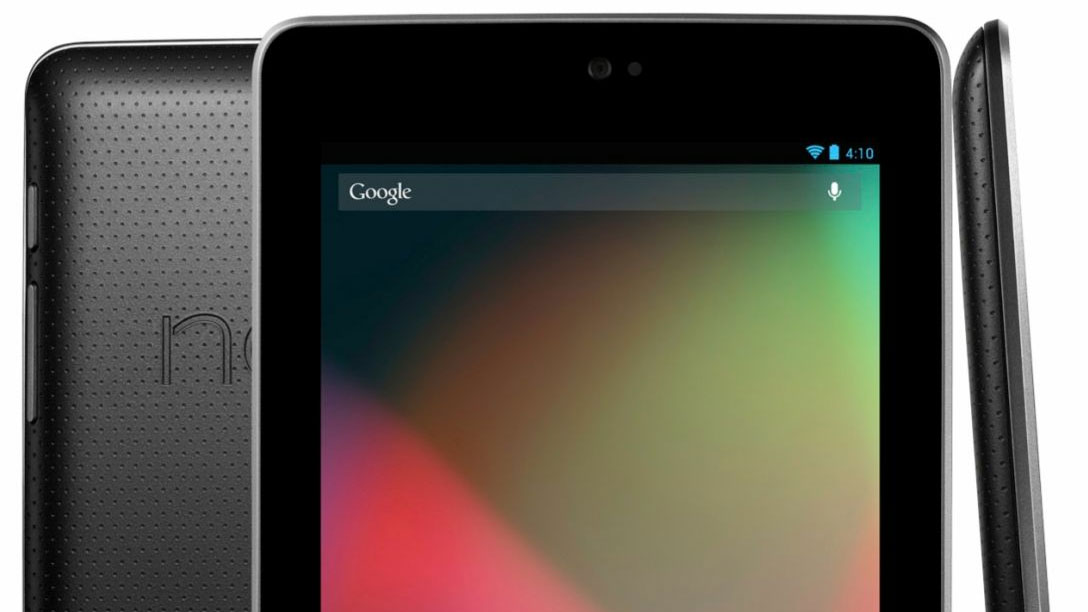Why you can trust TechRadar
By now you might be thinking a tablet this thin and light with a gorgeous display and high-powered, quad-core processor must have an Achilles' heel – and it's probably poor battery life, right?
Such an assumption would be wrong. Google and Asus packed a generous 4325mAh battery into the Nexus 7, which promises up to eight hours of "active use." Yeah, not terribly scientific, we know, but considering we're not dealing with 3G/4G data connection here, eight hours for something this small and thin is quite impressive.

To get there, the companies had to seal the battery – you won't be popping the back off to slap in another one when that last bit of juice is gone, but since few tablets offer swappable batteries to begin with, we're OK with this.
While our casual use over a couple of days supports Google's battery claim, would-be buyers might have more to fret about with the relatively modest amounts of storage offered: The Nexus 7 is sold in both 8GB and 16GB capacities for $199 or $249, respectively.
The dilemma is amplified by the fact that Google and Asus have chosen to leave out the microSD card slot that's become a staple of many Android tablets. This means the only way to expand available storage is through Wi-Fi-enabled hard drives or removable flash storage such as AirStash.
In practice, however, 8GB of storage on our review unit was hardly an issue. Google designed the Nexus 7 to work hand in hand with Google Play, meaning that movies, TV shows and music can be streamed right to your device instead of being stored locally.
Subscribers to the likes of Netflix as well as home media server lovers who use Plex will be able to get by just fine with the default 8GB. This leaves plenty of space for apps, books and magazines from Google Play, which clearly benefit from being stored on the device for when an internet connection isn't available.
Bottom line: If you're concerned about storage, fork over the extra $50 now for 16GB of storage, especially if you download plenty of large games or prefer to sideload your own content.
